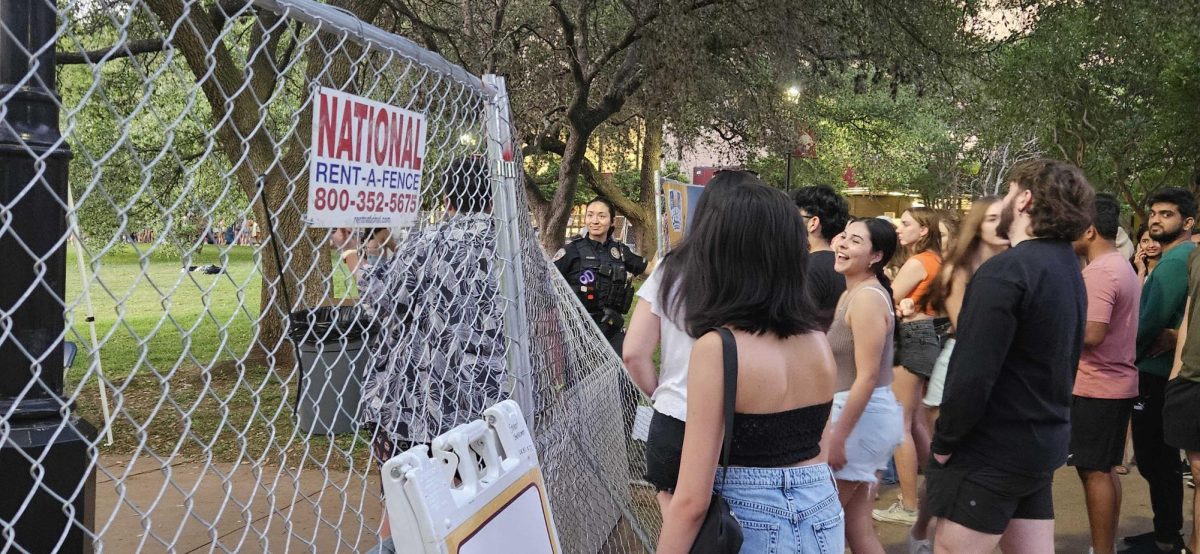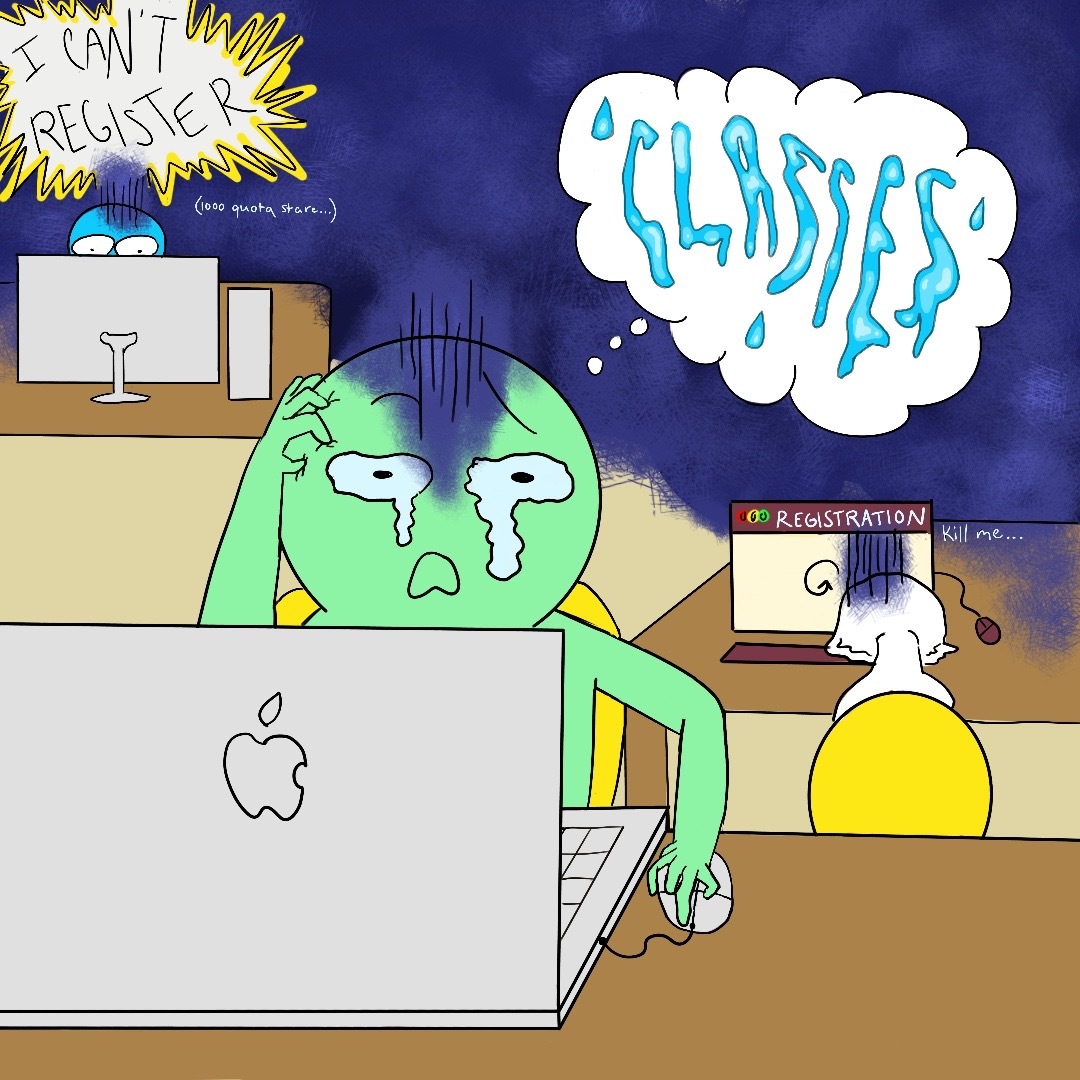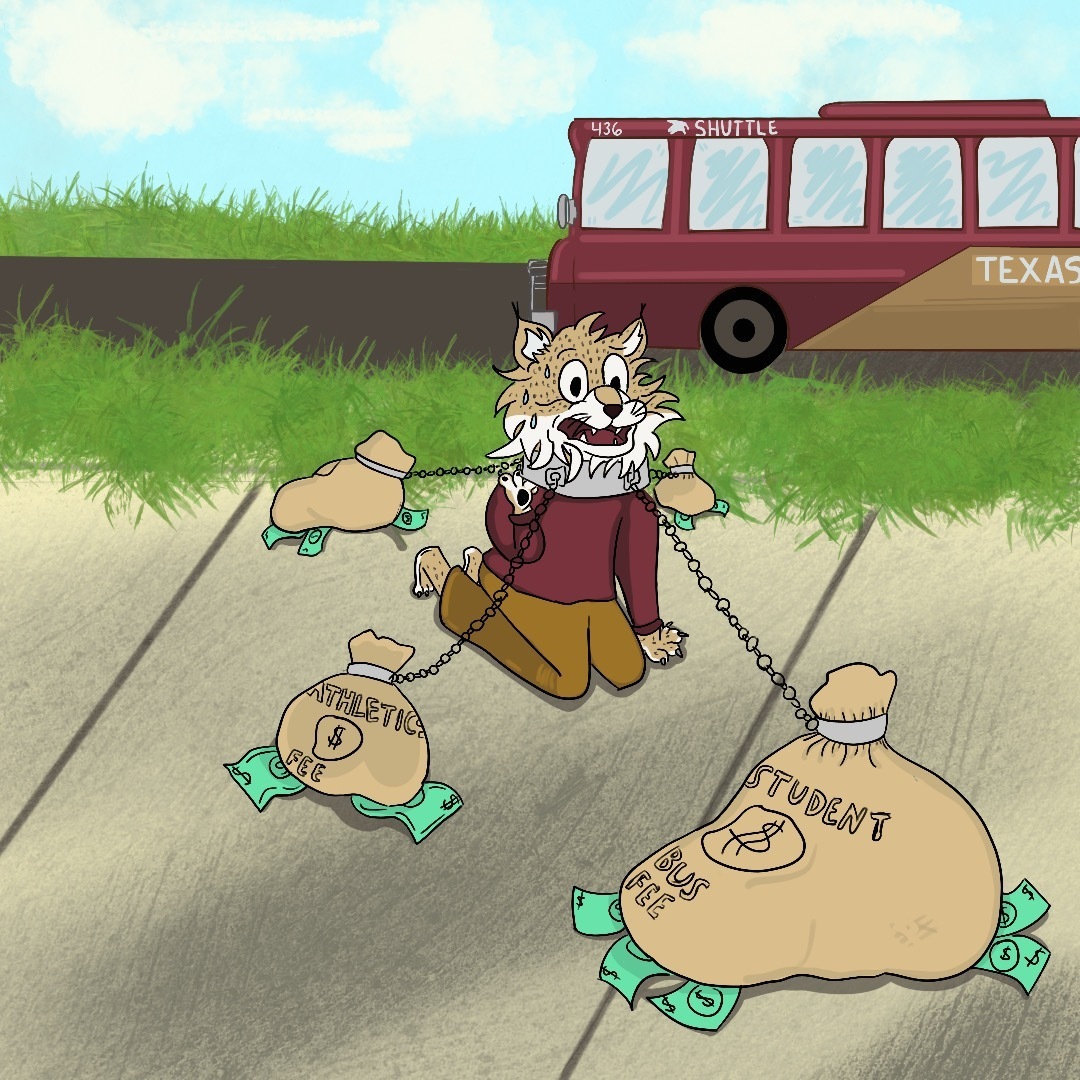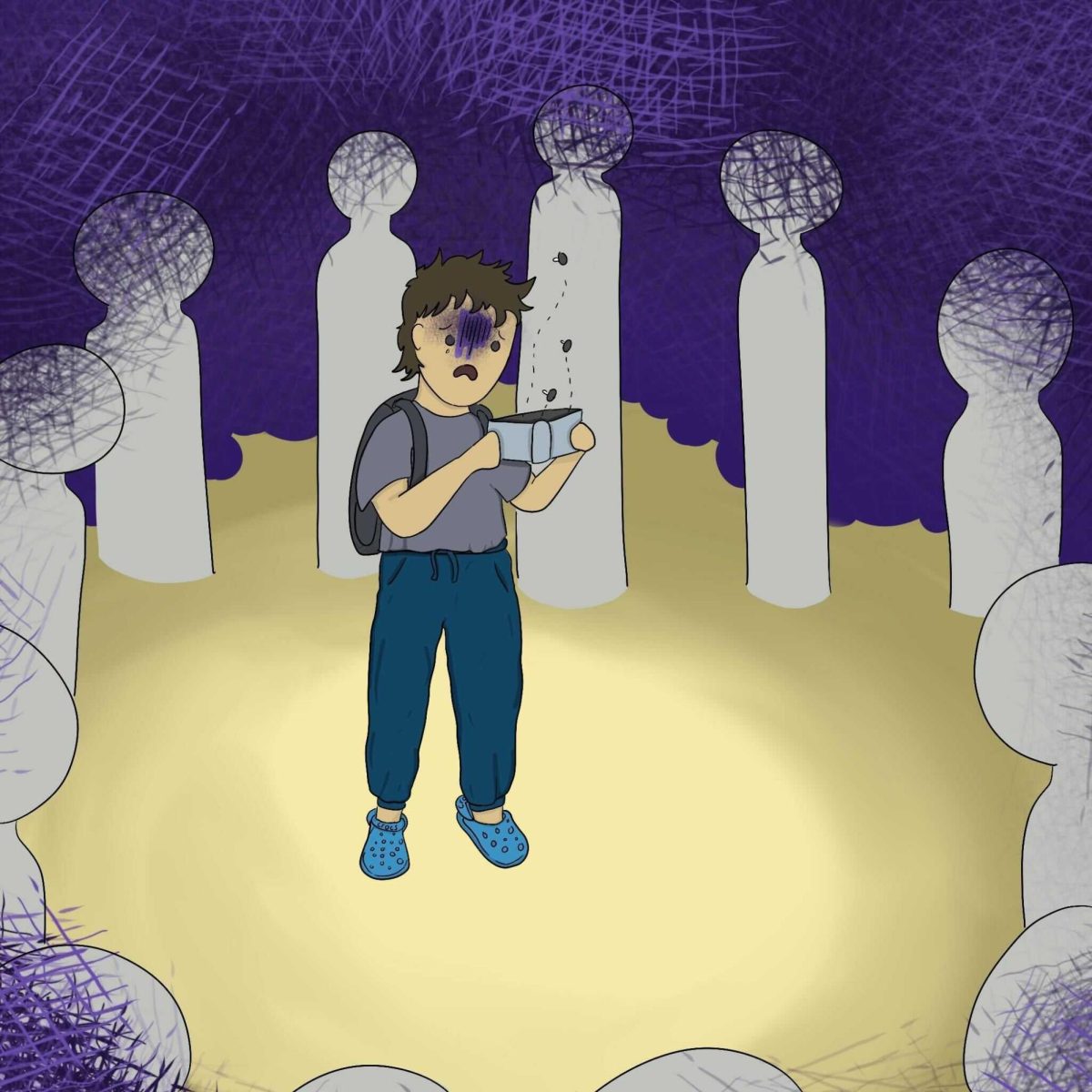For college students, money does not often come easy. Rising college costs coupled with the time commitment required of a full-time student equates to limited options to fill the gap loans or scholarships can not cover, leading students to turn to sex work.
While sex work is a valid way to earn income, it is not the only option and can lead to various problems concerning safety and scams. Just because something sounds appealing does not mean everyone can or should participate.
Sex work-related jobs may appear like an easy way to accumulate money and in a world where sex sells, young people take this opportunity at hand. However, some people on social sites seeking sugar babies end up as scammers trying to get bank information.
Grindr, a dating service app, has been used as a platform for scams. Earlier this year featured in a Buzzfeed story, 23-year-old James Tannehill dealt with a fake sugar daddy he met on Grindr. Tannehill had given out his bank account number and social security number to an individual he communicated with online and ended up losing $2,480, money the scammer promised him.
One website users access to seek out sugar daddy/sugar baby relationships—SeekingArrangement.com—had one man scam a number of women on the site. Overall, the victims were relatively young, in college and in debt.
A 21-year-old Lincoln College student was scammed out of nearly $3,000 by someone she interacted with on SeekingArrangement.com. Due to similar scams, the hashtag #sugardaddyscam is used actively on Twitter to warn those against known scammers. This significantly impacts college students since they comprise 44% of people on such sites.
Another job seemingly alluring is stripping. There are various clubs located in the Austin and San Antonio area appealing to young women. However, the business is not as lucrative as it sounds and work not as easy.
Some clubs may let dancers wear what they want and perform their way, but management can dictate what girls wear, how they dance and talk.
Elle Stanger,a writer and former sex worker, said dancing at clubs is a, “competitive sales job in a highly stigmatized environment.” Income made depends on the night and time of shift, which can leave workers empty-handed various nights of the week. Few clubs may set the prices low for certain dances, leaving the women working harder.
Self esteem plays an additional role in the work. Former stripper Alexandra M. said stripping encourages men to only see women as commodities; women become more obsessive about their outward appearances to please customers for money.
When performing certain acts naked in front of strangers, a thick skin is necessary, given the industry can be exploitative. As former sex worker Melissa Petro said in an interview with the Huffington Post, sex workers cannot afford to be traumatized.
Another point to remember a large portion of sex work is still considered illegal. Students who pursue such jobs will not always be protected in certain circumstances.
In a study from the Public Library of Science, focusing on sex work laws and sex workers’ health, sex workers are at a disproportionate risk of violence and sexual and emotional health, linked to the criminalization of sex work. Given sex work is not normalized and highly stigmatized, the taboos around such jobs have been shown to promote violence in having to choose between legality and safety.
Certain variations of sex work may come with added trauma, as ex-porn performer Cameron Adams told the Huffington Post she was exposed to HIV due to the industry taking advantage of a young woman who needed money. On a global scale, sex workers have a 45% to 75% chance of experiencing sexual violence at some point in their careers and a 32% to 55% chance of experiencing sexual violence in a year.
There is a multitude of ways to make a living through sex work. While the jobs can be liberating and a more independent way of making money, like any job, employees must be aware of the consequences first and foremost before stepping into an industry of intimidation and exploitation.
-Delilah Alvarado is a journalism senior




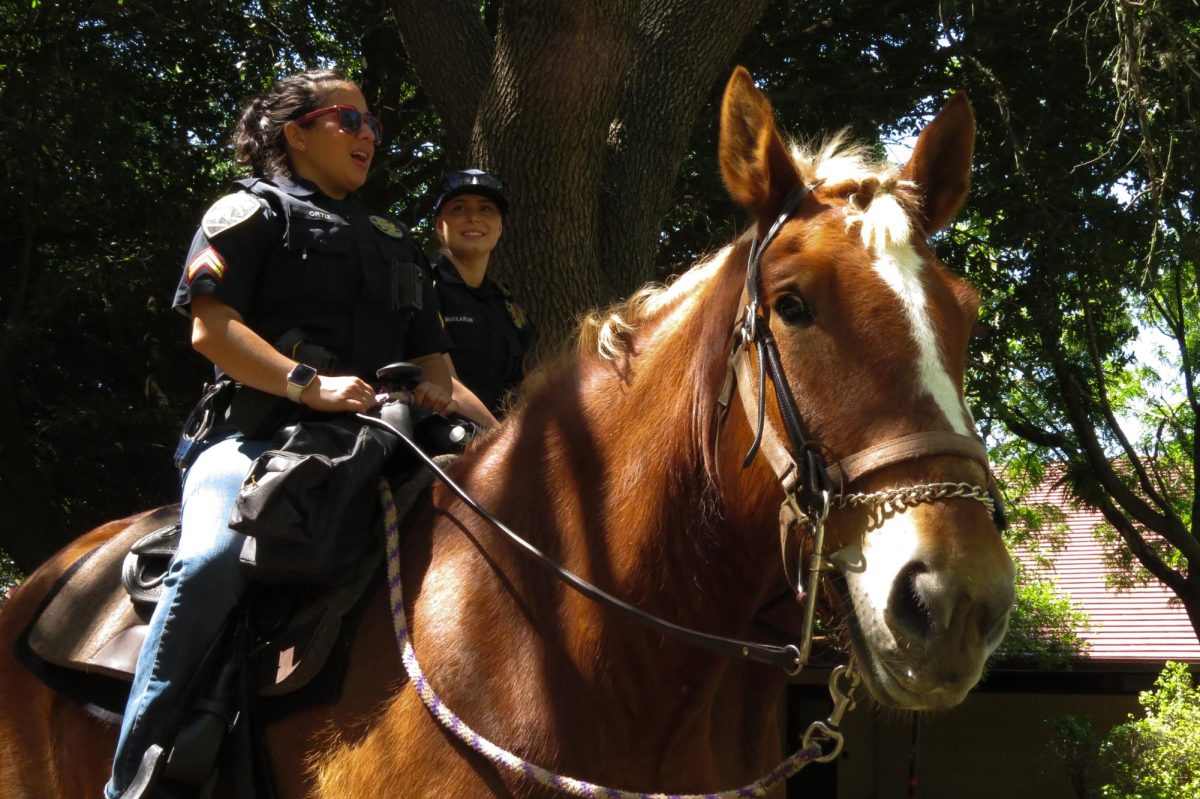

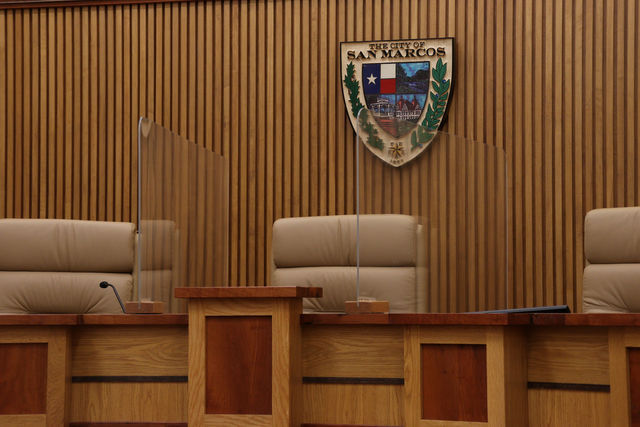
![Opinion column: Students should not turn to sex work for additional money
[Illustration by Valkyrie Mata]](https://universitystar.com/wp-content/uploads/2019/09/aa4e0ff4de426e3bd9d8ba279de85ba5.jpg)
